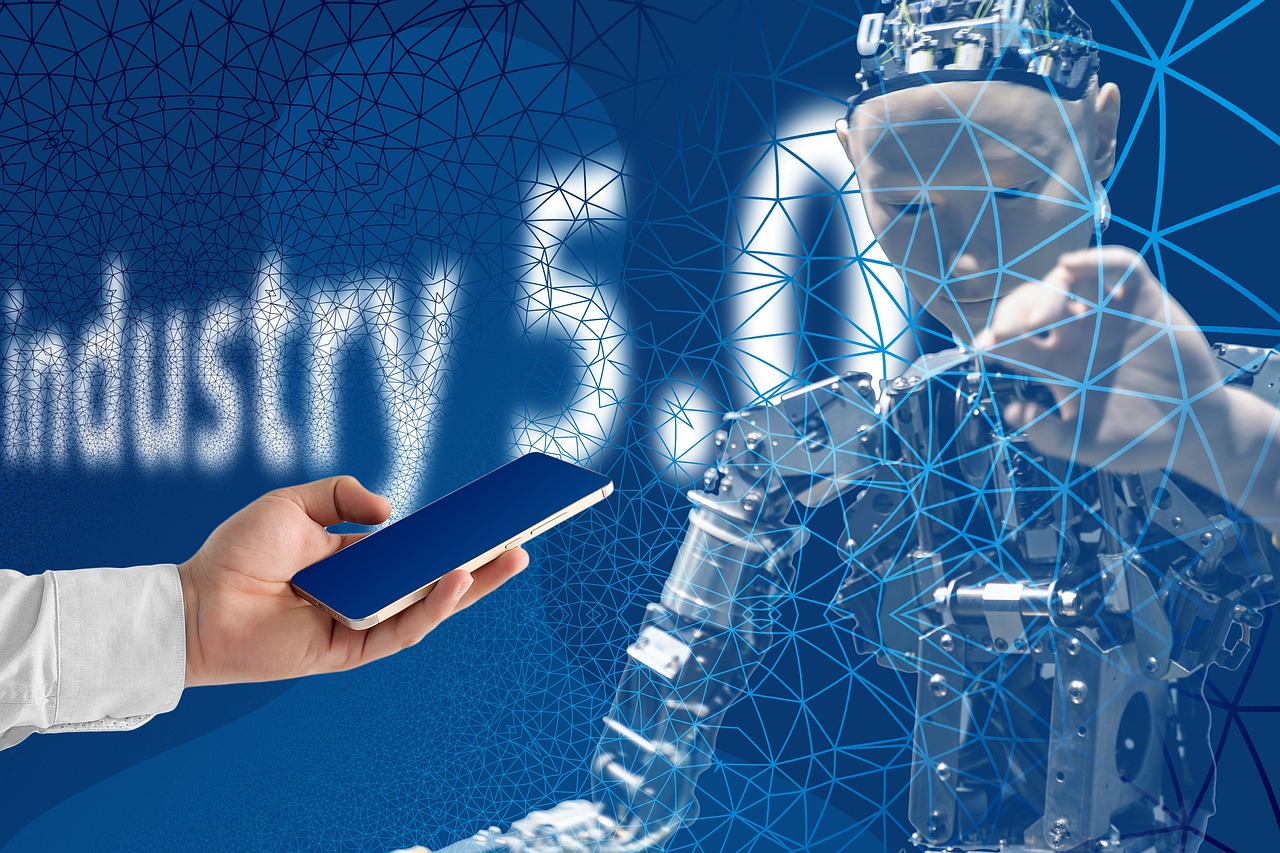The Emergence of AI Automation
Artificial intelligence (AI) has transitioned from a futuristic concept into a tangible force reshaping industries across the globe. For small businesses and B2B founders, AI automation presents an opportunity to enhance efficiency, scale operations, and maintain a competitive edge in an ever-evolving market. By understanding AI automation, its tools, and its potential, businesses can unlock transformative benefits that drive growth and innovation.
What Is AI Automation?
AI automation is the combination of artificial intelligence and automated systems, enabling machines to perform tasks traditionally handled by humans. This technology mimics human decision-making, learning from data to improve over time. At its core, AI automation encompasses several foundational technologies:
- Machine Learning: Systems that improve based on data and past experiences.
- Natural Language Processing (NLP): Understanding and responding to human language.
- Predictive Analytics: Anticipating future trends based on data patterns.
- Computer Vision: Interpreting and analyzing visual information.
These technologies work together to process and analyze information, understand context, and execute actions efficiently and accurately.
Challenges Faced by Small Businesses and B2B Founders
Small businesses often operate with limited resources and face numerous challenges, from managing operations to meeting customer expectations. Similarly, B2B founders juggle the demands of scaling their businesses while delivering high-quality services or products. AI automation addresses these challenges by:
- Reducing the burden of repetitive tasks.
- Streamlining workflows.
- Enhancing decision-making capabilities.
By adopting automation, businesses can save time, reduce costs, minimize errors, and scale operations without proportionate increases in workload.
AI Automation in Customer Support
AI-Powered Chat Agents
One of the most prominent applications of AI automation is in customer support, where chat agents have revolutionized how businesses interact with their audiences. These AI-powered chatbots:
- Leverage natural language processing to respond conversationally.
- Provide instant responses to questions.
- Resolve common issues.
- Guide users through processes like order tracking or account setup.
By offering 24/7 availability, chat agents ensure customers receive support whenever needed, enhancing satisfaction and loyalty. For small businesses, these tools reduce reliance on large support teams while maintaining high service standards.
Voice Assistants for Seamless Interactions
Voice assistants handle spoken interactions, making them ideal for tasks such as:
- Managing calls.
- Scheduling appointments.
- Conducting surveys.
For instance, a service-based business can use voice agents to automate appointment bookings, reducing manual effort and improving customer interactions. With adaptive responses and personalization, voice assistants enhance engagement.
Improving Internal Operations with Workflow Automation
Beyond customer-facing applications, AI automation plays a critical role in optimizing internal processes. Workflow management tools powered by AI enable businesses to:
- Identify bottlenecks.
- Automate repetitive steps.
- Provide real-time insights into project progress.
Applications include automating invoice processing, managing employee onboarding, or tracking inventory levels. This reduces administrative overhead, allowing employees to focus on strategic initiatives.
Revolutionizing Marketing and Sales
AI automation transforms marketing and sales by analyzing vast amounts of data to:
- Create highly targeted marketing campaigns.
- Identify promising leads.
- Forecast customer behavior with predictive analytics.
AI-driven tools generate dynamic content like personalized email campaigns or social media posts, ensuring messages resonate with specific audiences. This precision improves conversion rates and customer retention.
Data Analysis: Unlocking Actionable Insights
Businesses generate large volumes of data daily, and AI automation excels at processing and analyzing this data. Key benefits include:
- Uncovering patterns and trends.
- Enabling faster and informed decision-making.
- Refining products or services based on customer feedback.
AI-driven analysis enhances reporting capabilities, making it easier to track performance metrics and measure success.
How to Get Started with AI Automation
For small businesses and B2B founders considering AI automation, the first steps include:
- Identifying Pain Points: Focus on repetitive, time-consuming, or error-prone tasks.
- Defining Goals: Set clear objectives, such as reducing response times or increasing efficiency.
- Starting Small: Test AI tools on a small scale to minimize risks.
- Measuring Impact: Use key metrics to evaluate performance and benefits.
Addressing Concerns About AI Automation
Job Displacement
AI automation is not about replacing human workers but augmenting their capabilities. By taking over routine tasks, AI allows employees to focus on creative, strategic, and value-driven activities, fostering greater productivity and innovation.
Cost and Accessibility
While AI tools often involve upfront expenses, they deliver significant long-term savings by reducing inefficiencies. Many AI solutions are affordable, user-friendly, and tailored to small businesses, requiring minimal technical expertise.
Security and Privacy
Businesses should prioritize tools with robust encryption and data protection measures to ensure compliance with regulations. By taking these precautions, businesses can confidently adopt AI automation without compromising trust.
The Future of AI Automation
The potential of AI automation extends far beyond its current applications. Future advancements include:
- Hyper-Personalization: Delivering tailored experiences at every touchpoint.
- IoT Integration: Seamless workflows connecting devices and systems.
- Enhanced Predictive Capabilities: Anticipating trends with unprecedented accuracy.
These advancements will further empower businesses, providing a significant competitive edge.
Conclusion: Embracing AI Automation for Growth
The journey to AI automation may seem daunting, but its rewards are well worth the effort. By starting with a clear understanding of their needs and exploring the right tools, small businesses and B2B founders can take the first steps toward a more efficient future.
AI automation is not just a technological advancement—it’s a strategic enabler for growth and innovation. Businesses that harness its power can transform their operations, deliver exceptional customer experiences, and achieve sustainable success. The future belongs to those who adapt, and AI automation is the key to unlocking that future. For small businesses and B2B founders, the time to act is now.
